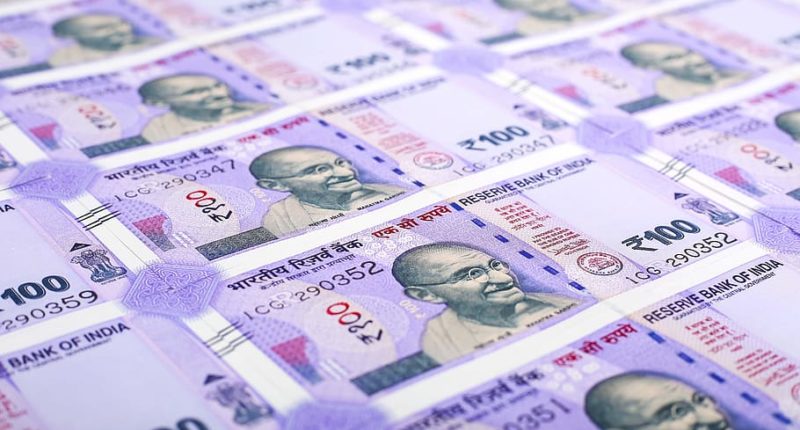Come April 1, the National Payments Corporation of India (NPCI) will charge an interchange fee of up to 1.1% on merchant UPI (United Payments Interface) transactions. The fee will be charged on certain merchant UPI transactions – ones that are above ₹2000 and have been made through PPIs (Prepaid Payment Instruments).
However, this development sparked fears among UPI customers, who feared that they would bear the brunt of paying the fees and that UPI transactions no longer remained free.
After media reports reported on the development, the NPCI issued a statement on Wednesday to clarify that there would be no charge for customers. “The interchange charges introduced are only applicable for the PPI merchant transactions and there is no charge to customers, and it is further clarified that there are no charges for the bank account to bank account-based UPI payments (i.e. normal UPI payments),” the NPCI said in a circular on March 29 – which was posted on its official Twitter handle.
NPCI Press Release: UPI is free, fast, secure and seamless
Every month, over 8 billion transactions are processed free for customers and merchants using bank-accounts@EconomicTimes @FinancialXpress @businessline @bsindia @livemint @moneycontrolcom @timesofindia @dilipasbe pic.twitter.com/VpsdUt5u7U— NPCI (@NPCI_NPCI) March 29, 2023
The body added that PPI wallets (such as PayTm Wallet) have been permitted to be part of the interoperable UPI ecosystem, as per regulatory guidelines. The interchange pricing will be reviewed by September 30, 2023, and aims to increase the revenue for banks and payment service providers. Simply put, the NPCI will not put any charges for UPI payments that are based on transfers between bank accounts, which is the preferred medium of UPI payments preferred by a vast majority of the people (according to the NPCI, this contributes over 99.9% of total UPI transactions in the country). The interchange fee of 1.1% will have no impact on the end customers, and UPI transactions will remain free for them.
Furthermore, the fee will not be charged on merchant transactions that are less than ₹2000, and in cases where it is charged, will be levied on the merchant side.
If the NPCI imposed a fee upon UPI transactions, then it would discourage digital payments and incentivize users to resort to cash transactions. This would go against the government’s goal of promoting a cashless economy and would undermine the progress made in the digital payments space in recent years. Not to mention that it would disproportionately affect low-income individuals who rely heavily on digital payments and even lead to a decrease in the overall volume of transactions, which would negatively impact businesses that rely on UPI payments for their sales.
The Tech Portal is published by Blue Box Media Private Limited. Our investors have no influence over our reporting. Read our full Ownership and Funding Disclosure →






